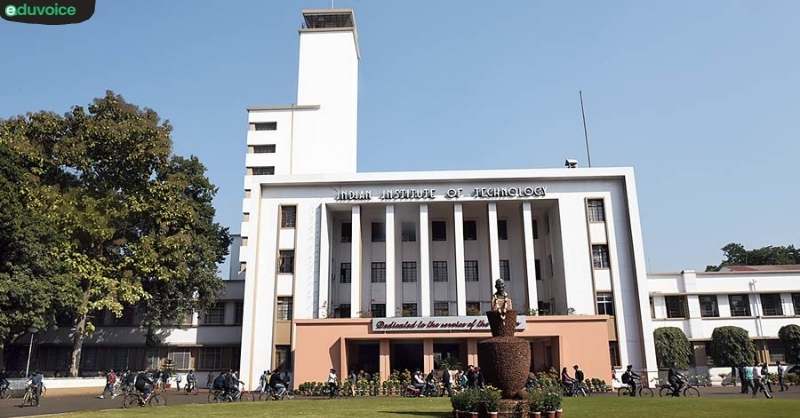The government has brought the IITs, IIMs, and other Institutions of National Importance (INIs) under the Academic Bank of Credit (ABC) framework, which allows students to pursue up to 50 percent of a course from institutions other than the one with which they are enrolled.
The education ministry approved key amendments to the UGC (Establishment and Operation of ABC in Higher Education)Regulations last month to bring the INIs under its ambit and also remove the ranking criterion for universities and colleges to register with the credit bank framework.
Students can earn credits, the equivalent of marks, with the bank acting as a digital storehouse, or database, of such academic points received from institutions under the ABC framework. Every student can have a digital account in the bank.
The original regulation notified in July 2021 had stated that only those universities and autonomous colleges with Grade A accreditation scores or those in the top 100 of the National Institutional Ranking Framework can be registered with the ABC.
However, the December amendment has made it possible for any university or college, irrespective of ranking, to come under the ABC framework.
The regulation says the registered higher education institutions shall encourage and enable students to customize or design their own degrees. A student is required to pursue at least 50 percent of the credits from the institution where he is enrolled. This half of the course makes up the core papers. For the other half — the non-core or elective subjects — a student can choose any other institution or a mix of institutions registered with the ABC framework. The entire elective section can be pursued from another institution, online or offline, or a mix of both.
Prof. Nandita Narain, a teacher at St. Stephen’s College, questioned the sincerity of the University Grants Commission (UGC) and the government in ensuring quality higher education, citing the massive online component.
Narain pointed out that up to half of a course could be pursued from outside universities and since it would be difficult for a student to physically attend classes in another institution, they were most likely to take the online option that also offers open-book exams. Such a mode is widely considered academically less demanding.
Narain said no university anywhere in the world offered such a large online module in regular courses, not even in the pre-Covid world. She pointed out that the pandemic had forced education to shift largely online but the traditional mode of learning would return once Covid blew over.
Using the opportunity provided by the pandemic, the Indian government is trying to replace regular classes with online classes as a permanent feature of higher education. No other country in the world is doing this. The quality of education will be the biggest casualty when the online mode is mainstreamed,
Narain said.
Online courses being used to supplement regular teaching-learning is fine. But when it replaces regular courses, it will not only dilute learning but also reduce the scope for interaction with peers, seniors, and faculty members, and for developing organizational and social communication skills through extra-curricular activities,
She said.
“Apart from quality, the online learning model will adversely impact the workload in universities. There will no longer be a fixed workload, so the requirement of faculty will keep changing. This will lead to massive displacement of existing faculty and contractualisation, ” Narain added, fearing large-scale retrenchments.
She feared that ed-tech companies offering online education would further proliferate. Students, deprived of proper learning in their institutions, will buy online content from these companies and rampant commercialization will push out those from marginalized backgrounds, Narain said.
The director of an IISER said UGC officials had held one round of discussions with the INIs on the ABC inclusion. He said there would be problems over accepting credits awarded by other institutions.
“The IISERs are yet to take a call on accepting academic credits awarded by other institutions. There is an issue of quality here. As far as the IISER transferring credits to the credit bank for its own students is concerned, there is no issue. This will help students who drop out for some reason and rejoin after a gap,” he said.
The Telegraph sent emails to the education ministry and the UGC asking if the INIs were consulted before they were brought under the ABC framework and whether UGC regulations applied to the INIs. The newspaper is yet to receive a response.
For More Such Articles, News Update, Events, and Many More Click Here






